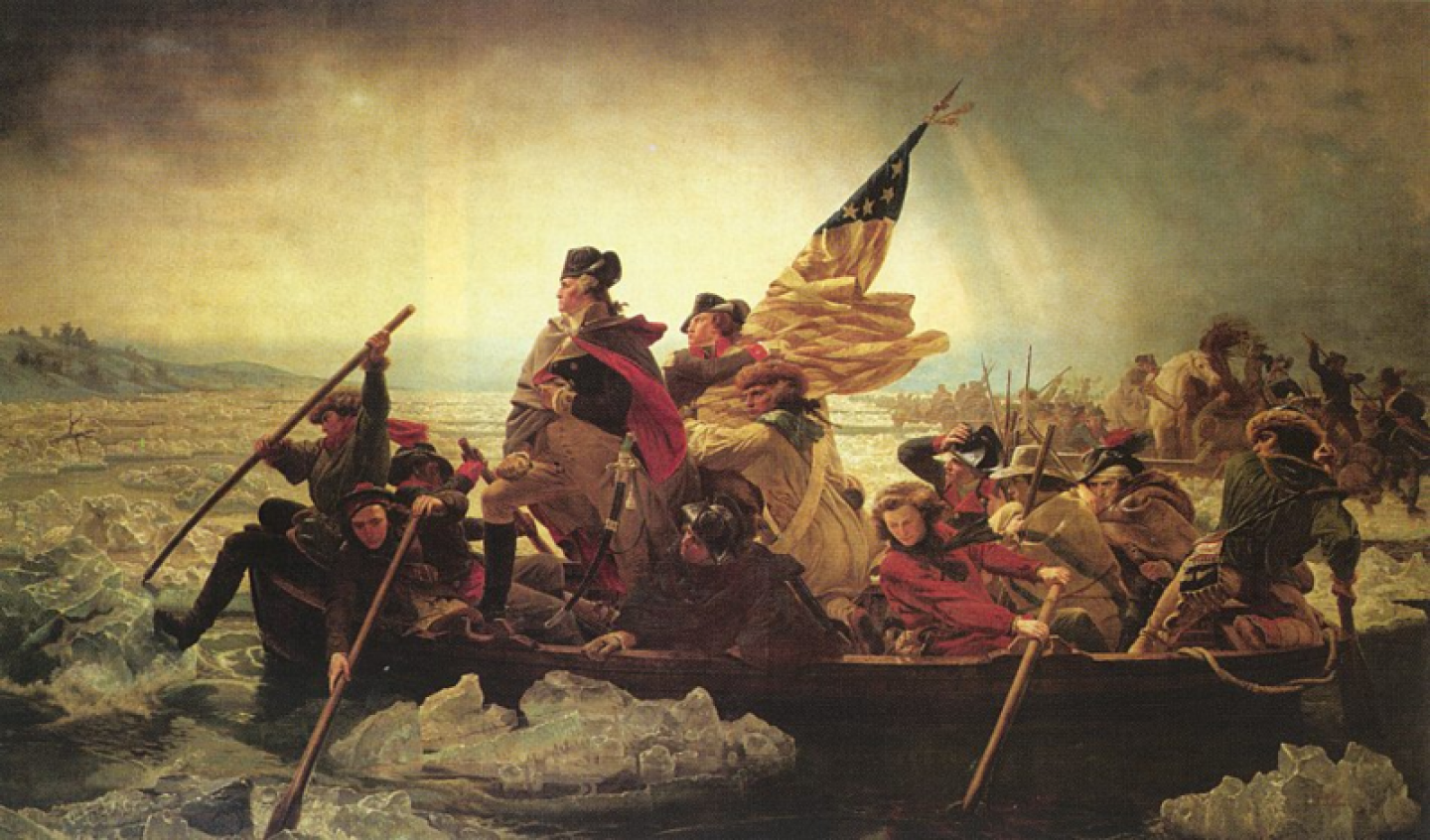
The tragic and untimely death of Taylor Force commands our attention and it demands that we pay our respects in our own ways for the life that was lost. Indeed, his family and friends recently did just that in Lubbock, Texas, as a recent Lubbock Avalanche Journal article reports.
For the uninitiated, Force was taken from this world while he was in the prime of his life while visiting Israel on an Owen School of Management at Vanderbilt school-sponsored trip. His loss, like so many others these days, was due to a senseless and barbaric act of terrorism as Force and multiple others were attacked by a knife-wielding terrorist. To survive tours in Iraq and Afghanistan and then die at the hands of a coward is an insult to life and decency. The only solace family and friends must feel is the inordinate impact Force had on life in the short years he had on earth to live it. I did not know Force personally, but I can’t help but marvel at some of the intersections and connections that his story holds to mine and thus identify with him: we both grew up in Lubbock, both served as officers in the United States Army, and both pursued MBAs. One final intersection is that the Owen School of Management at Vanderbilt Dean, Eric Johnson, was a professor of mine at the Tuck School of Business at Dartmouth and also was a faculty sponsor of Association of Christian Tuck Students (ACTS) that I was a member of. Dean Johnson is a wonderful man that was giving of his time and talents, opening his wonderful home in the woods of Vermont to students on numerous occasions while he served at Tuck. Dean Johnson had this to say of Force’s character, “He was a very valued part of the community, a student leader…the kind of young man that we would all hope is one of our sons…one that wasn’t quick to talk but when he talked it was always with insight and impact.”
Friends and family have described Force as someone that excelled in whatever he did. And yet the leadership, talents, and success were leavened with humility and a spirit of servanthood. To me, this combination of humility and not thinking too much of oneself while devoting one’s life to service to others, productivity, personal growth, relationships with others, making an impact on life and those around you is the essence of virtue. Force’s father, said it best in the linked article above when he said, “He was good at life.” I am impressed not only with Force’s success and path in adulthood, but his seriousness and maturity in his youth, where he achieved success as an Eagle Scout and made the remarkably mature decision to attend high school away from home at the New Mexico Military Institute, accomplishments that allowed him to obtain the Congressional District’s sole West Point appointment that year. How many of us can say that we were busy developing character and virtue in our youths? Sadly, I know that I cannot.
With the general coarsening and crudeness of our society as manifested by the fact that we are collectively on the cusp of elevating a man to the Presidency who makes crass comments on the size of his genitalia on a nationally televised debate, I can’t help but think of Force and wonder how we can create a more just and virtuous society on his life model? How can I ensure that my own son and daughters emulate such a life at an early age? I have to ponder the question of if I was to meet an untimely death, whether the outpouring of grief and emotion would include the epitaph, “he was good at life.” Aristotle would define this virtuous life as finding the right balance of decency, prudence, wisdom, courage, deliberation, temperance, and modesty, and that true happiness and life fulfilment only comes from these virtues. Jesus Christ would indicate that the ultimate commandment is to love God and our neighbors more than ourselves. Force was the full embodiment of these virtues. I pray that the rest of us can busy ourselves with discovering those virtues for ourselves.
